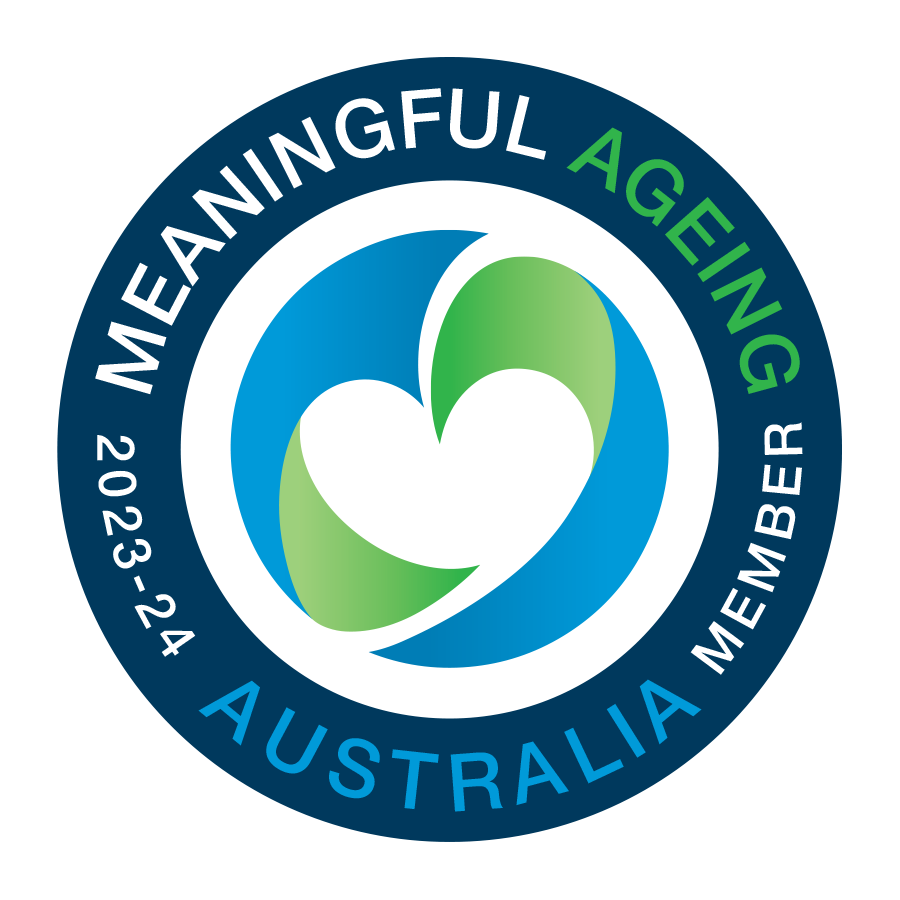Domestic Assistance & Personal Care in Home Care
In Australia, the ageing population and individuals with disabilities are increasingly opting to live independently in their homes for as long as possible. This shift has spotlighted the crucial role of home care services, particularly domestic assistance and personal care, in supporting these individuals.
This blog post delves into the essence of these services, their impact on the quality of life, and how they are navigated within the Australian context.
Understanding Home Care in Australia
Home care in Australia encompasses a broad range of support and care activities delivered at an individual's home. These services are designed to assist those who are ageing, have disabilities, chronic health conditions, or are recovering from hospital stays.
The scope includes personal care (bathing, dressing), domestic assistance (cleaning, meal preparation), nursing care, allied health support, and social interaction.
Early Beginnings: The concept of home care in Australia has its roots in the early 20th century, primarily provided by charitable organisations and community groups. It was informal, relying heavily on volunteers.
Government Involvement: By the 1950s and 60s, the Australian government began to recognise the need for structured home care services, leading to the introduction of funded programs aimed at supporting the elderly in their homes.
Expansion and Reform: The 1980s to the present day have seen significant reforms and expansions. The introduction of the Aged Care Act 1997 and the Home Care Packages Program are notable milestones, focusing on consumer-directed care and increasing access to personalised home care services.
The Spectrum of Domestic Assistance
Domestic assistance services form a cornerstone of home care, designed to support individuals in managing everyday household tasks they may find challenging due to age, disability, or health conditions. These services include;
- Cleaning: Ensuring living spaces are clean and hygienic, covering tasks such as dusting, vacuuming, and mopping.
- Laundry: Washing, drying, and ironing clothes, as well as organising wardrobes.
- Meal Preparation: Planning and preparing nutritious meals, catering to dietary needs and preferences.
- Shopping: Assistance with grocery shopping, including planning, purchasing, and storing food and household items.
Impact on Independence: The provision of domestic assistance services plays a pivotal role in fostering independence among those receiving home care. By taking over tasks that may be physically demanding or pose a risk of injury, these services enable individuals to live safely in their homes for longer.
Enhancing Quality of Life: Beyond the practical support, domestic assistance has profound implications for the quality of life of service users:
- Health Benefits: A clean environment reduces the risk of infections and accidents, while nutritious meals support overall health and well-being.
- Emotional Well-being: The comfort of living in a well-maintained home and the relief from the stress of household chores can significantly improve mental health.
- Social Interaction: For many, the interaction with domestic assistance providers offers valuable social contact, reducing feelings of loneliness and isolation.
- Empowerment: Being able to direct the type of support received allows individuals to feel more in control of their lives, fostering a sense of dignity and empowerment.
The Spectrum of Personal Care
Personal care services are essential components of home care, designed to assist individuals with their daily personal activities. These services are tailored to support those who face challenges with routine tasks due to ageing, disability, or health conditions.
Examples include:
- Personal Hygiene: Assistance with bathing, showering, oral hygiene, and grooming to ensure clients maintain good health and hygiene.
- Dressing: Help with choosing appropriate clothing and assistance with dressing and undressing, catering to individual preferences and needs.
- Mobility: Support with moving around the home, including transferring from bed to chair, walking, and using mobility aids to enhance freedom of movement.
The Role of Personal Care
Home care workers are at the heart of delivering these services, playing a pivotal role in the health and safety of their clients. Their responsibilities include:
- Observing Health Changes: They are often the first to notice changes in a client's health or well-being, enabling timely medical intervention.
- Preventing Accidents: By assisting with mobility and daily tasks, they help minimise the risk of falls or accidents at home.
- Customised Care Plans: Working closely with healthcare professionals to implement personalised care plans that address each client's specific needs.
- Importance of Personal Care in Maintaining Dignity and Self-Esteem: The value of personal care services extends beyond physical assistance; it profoundly impacts the emotional and psychological well-being of individuals:
Promoting Independence
By receiving support with challenging tasks, individuals can enjoy a greater sense of independence, contributing to their overall quality of life.
- Maintaining Dignity: Personal care is delivered with respect and sensitivity, ensuring that individuals feel valued and respected, regardless of their vulnerabilities.
- Enhancing Self-Esteem: Being cared for in a dignified manner boosts self-esteem and confidence, making individuals feel more positive about themselves and their circumstances.
-
Domestic assistance and personal care services form the cornerstone of home care, offering more than just practical support; they serve as a lifeline that enhances independence and significantly improves the quality of life for recipients.
By addressing daily living challenges, these services not only ensure physical well-being but also nurture dignity, self-esteem, emotional health, and social well-being.



